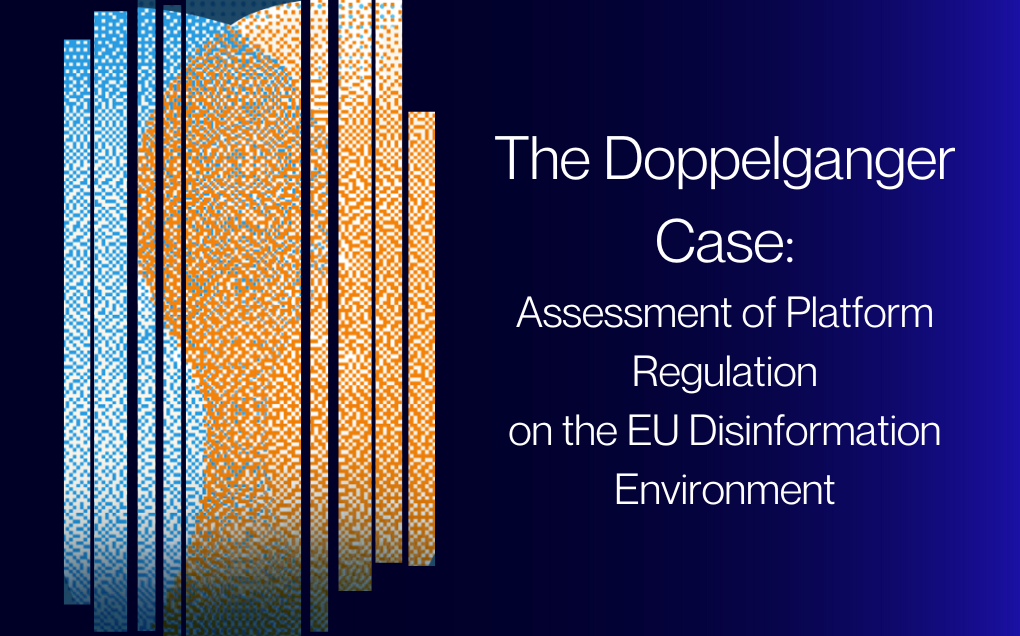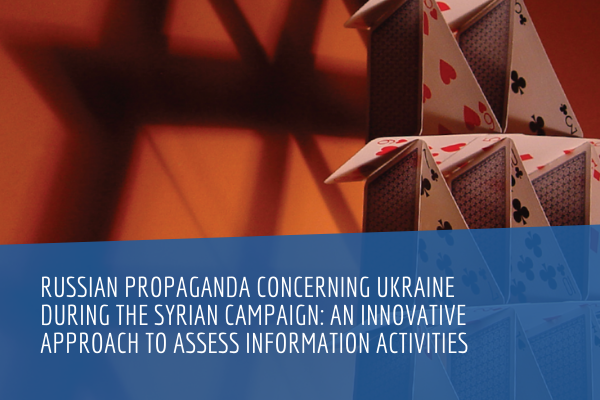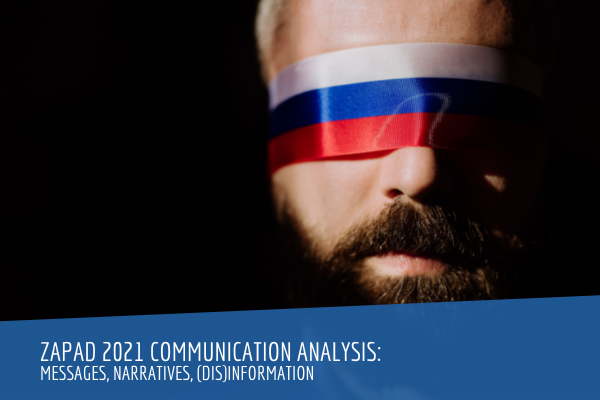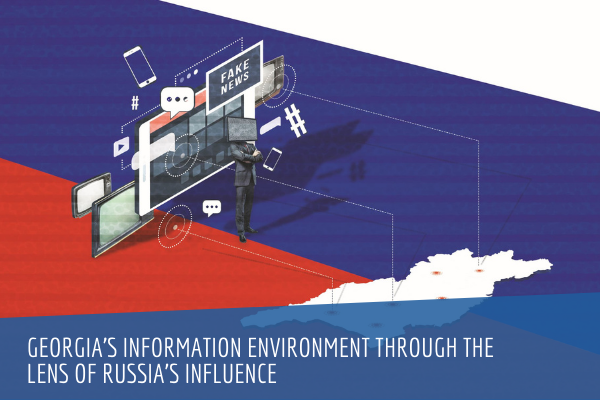In September 2022, EU DisinfoLab, with the support of Qurium, exposed a Russiabased influence operation network operating in Europe since at least May 2022. The campaign, dubbed “Doppelganger”, replicated and impersonated authentic media by spoofing domain names and creating content falsely attributed to reputable news websites. Despite Meta’s acknowledgement of the operation and legal prosecutions by affected media in France and Germany, recent findings from June 2023 confirm that the campaign is ongoing on multiple platforms, and even expanding. Public institutions such as ministries in France and Germany were recently impacted. In August 2023, Graphika’s latest investigation on the campaign and Meta’s Adversarial Threat Report Q2 2023 confirm that NATO has been a direct target of Doppelganger, in the context of last July’s Vilnius summit.
In November 2022, the Digital Services Act (DSA) came into force, introducing sweeping changes to the EU online environment toward internet safety and accountability. As its enforcement is ongoing, we decided to take the Doppelganger operation as a case study to test the avenues for mitigation under this groundbreaking regulation. The report considers infringements in the national legislation of three affected countries (France, Germany, and Italy) to understand the context in which the European law package will be implemented. Then, the analysis selects the appropriate DSA articles and corroborates them with concrete examples from the disinformation campaign to demonstrate the breach, distinguishing between illegal and harmful content. Moreover, we identify the relevant stakeholders, the mutual actions they can take within the DSA framework, and the consequent impact, ideally leading to a best-case scenario.






